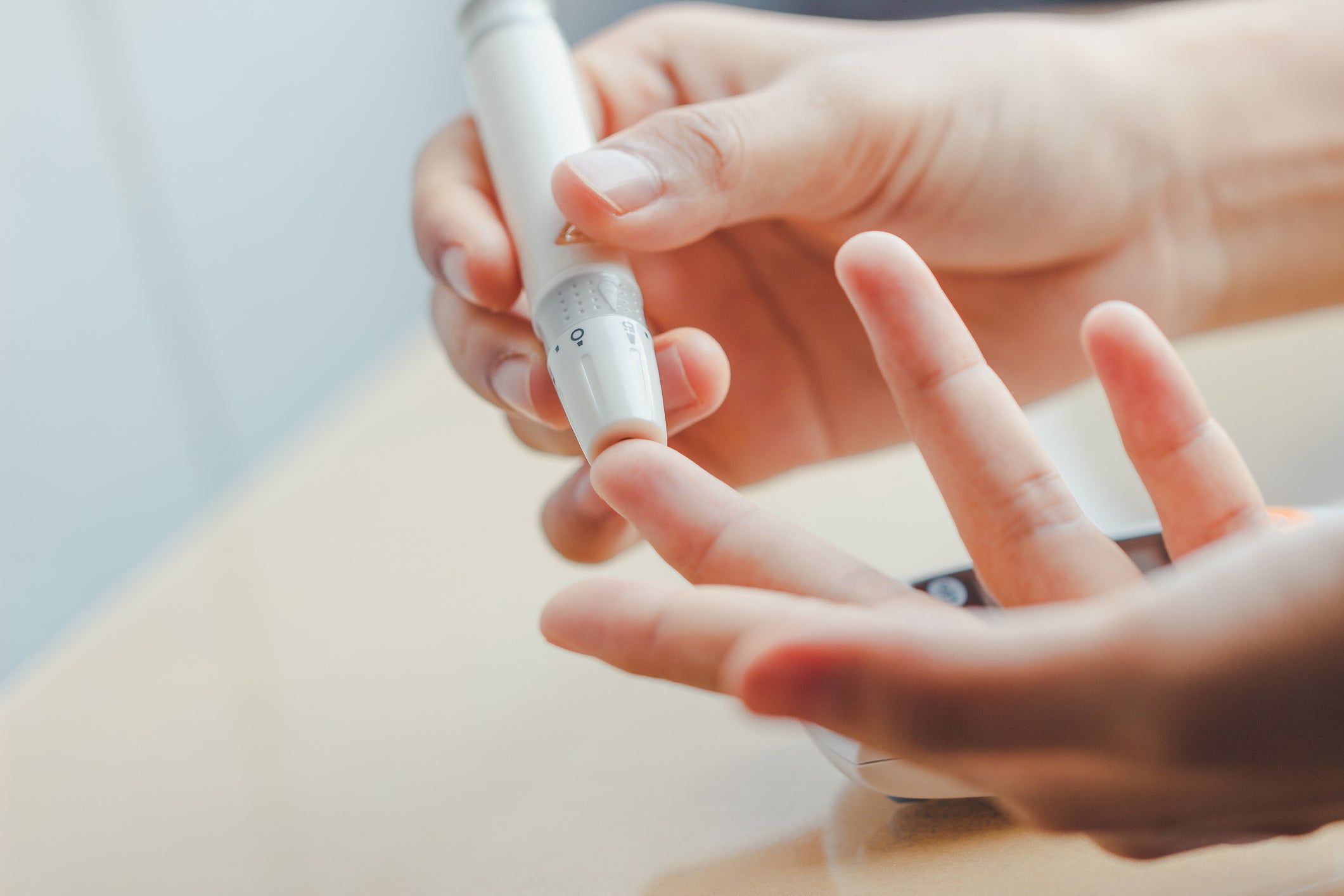Coronavirus may trigger diabetes in previously healthy people, scientists fear
Virus may attach itself to pancreas, liver and kidney – as well as lungs – and cause multiple dysfunctions of glucose metabolism

Your support helps us to tell the story
From reproductive rights to climate change to Big Tech, The Independent is on the ground when the story is developing. Whether it's investigating the financials of Elon Musk's pro-Trump PAC or producing our latest documentary, 'The A Word', which shines a light on the American women fighting for reproductive rights, we know how important it is to parse out the facts from the messaging.
At such a critical moment in US history, we need reporters on the ground. Your donation allows us to keep sending journalists to speak to both sides of the story.
The Independent is trusted by Americans across the entire political spectrum. And unlike many other quality news outlets, we choose not to lock Americans out of our reporting and analysis with paywalls. We believe quality journalism should be available to everyone, paid for by those who can afford it.
Your support makes all the difference.Coronavirus may be triggering diabetes in previously healthy people, a team of international experts has warned.
New cases of the blood sugar condition have been repeatedly diagnosed in patients who have tested positive for the coronavirus, the group of 17 leading clinicians said in an open letter published on Friday.
They admit that it remains unclear how the two may be interlinked.
Research has previously shown that ACE-2 – the protein to which the coronavirus appears to bind within the human body – is not only located in the lungs but also in organs involved in glucose metabolism including the pancreas, small intestine, liver and kidney.
Scientists hypothesise that, if the virus attaches to these organs, it may then cause multiple dysfunctions of glucose metabolism, leading to the onset of diabetes in some cases.
A global registry of new cases of diabetes in patients with Covid-19 – named the CoviDiab Registry Project – has now been created, the experts said in their letter to The New England Journal of Medicine.
Francesco Rubino, professor of metabolic surgery at King’s College London and co-lead on the registry, said: “We are of course trying to understand what situation is behind the observations.”
Previous evidence has already suggested that the coronavirus can cause more severe complications in patients with pre-existing diabetes: approximately a quarter of people who have died with Covid-19 have also been reported to have had the blood sugar condition.
Prof Rubino said: “Diabetes is one of the most prevalent chronic diseases and we are now realising the consequences of the inevitable clash between two pandemics.
“Given the short period of human contact with this new coronavirus, the exact mechanism by which the virus influences glucose metabolism is still unclear and we don’t know whether the acute manifestation of diabetes in these patients represents classic type 1, type 2 or possibly a new form of diabetes.”
However, some experts urged caution over the perceived correlation.
Dr Riyaz Patel, associate professor of cardiology at University College London Hospital, said he was wary of what was currently only observational evidence of a link.
He said: “The data may be confounded for a few reasons. For example, we know that any stress-inducing illness can cause blood sugar levels to temporarily rise and we see this for example with heart attacks.”
He added: “Also, people who are more likely to get very sick with Covid may be at risk of developing diabetes anyway, perhaps because they are overweight.”
Join our commenting forum
Join thought-provoking conversations, follow other Independent readers and see their replies
Comments